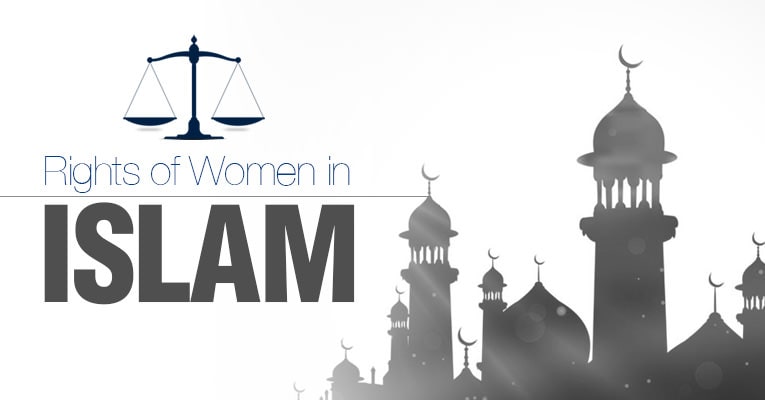The Status of Women in the Quran and Islamic Traditions: According to Anne Marie Shamal
Keywords:
Islam, Women, Qur'an, Tradition, Cultural Practices, Women's Rights, Islamic TeachingsAbstract
Schimmel emphasizes that the effects of tradition and culture on women in Islam should be assessed in the context of the Qur'anic teachings to ensure that women are granted their rightful place in society. In her analysis, she critiques how traditional interpretations of Islam have often overshadowed the egalitarian spirit of the Qur'an. Schimmel argues that cultural practices and societal norms, rather than the religion itself, have historically restricted women's rights and roles in the Muslim world. According to Schimmel, the Qur'an offers women dignity, equality, and the opportunity for both spiritual and intellectual growth. However, the widespread influence of patriarchal cultural traditions has obscured these fundamental rights. She stresses the importance of distinguishing between Islamic teachings and the societal customs that have been mistakenly attributed to Islam. By separating religious doctrine from cultural practices, Schimmel suggests that it is possible to restore a more accurate understanding of the status of women in Islam, one that upholds the Qur'anic vision of gender equality. In her view, restoring the true position of women requires not only a deep understanding of the Qur'an’s messages but also a commitment to confronting the limitations imposed by tradition and culture. Schimmel’s work serves as a call to return to the core principles of Islam, ensuring that women receive the respect, equality, and spiritual opportunities intended by the religion.
Downloads

Downloads
Published
Issue
Section
License
Copyright (c) 2025 Tahir Mehmood, Dr. Rabia Sarfraz, Dr. Majid Mushtaq (Author)

This work is licensed under a Creative Commons Attribution-NonCommercial 4.0 International License.




